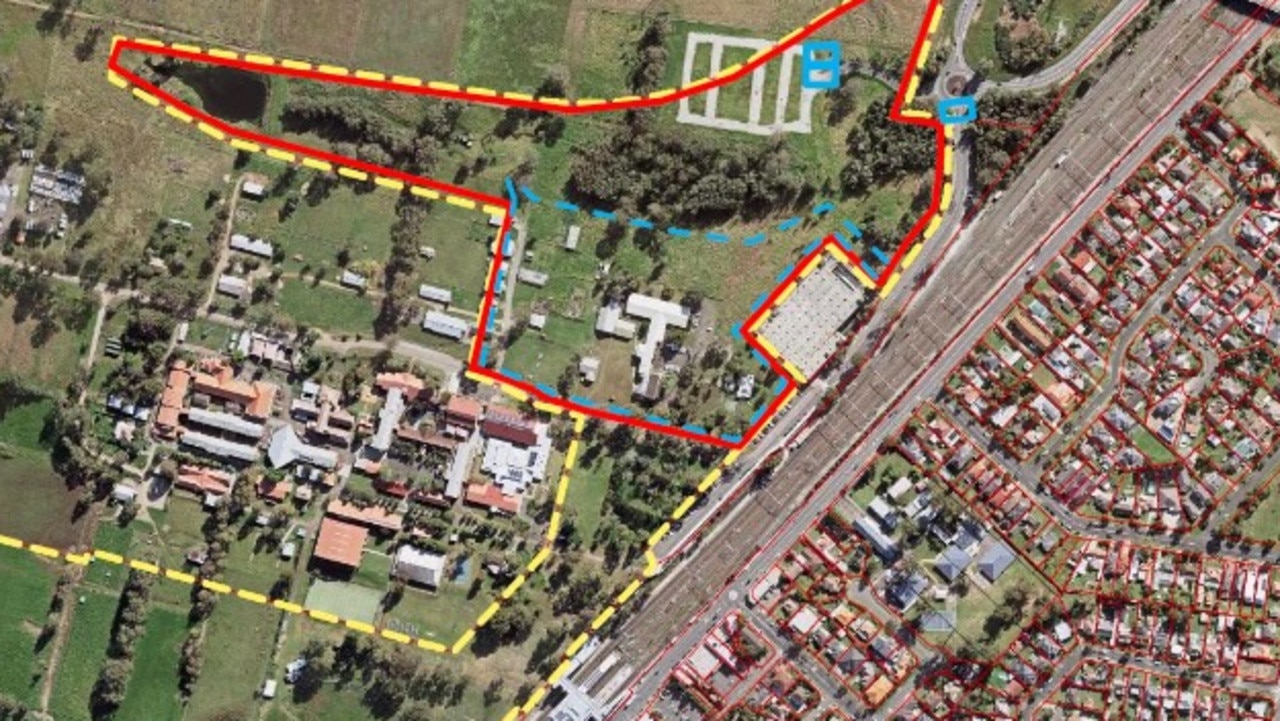Sydney housing crisis: DA wait times balloon to 140 days on average amid backlog, delays
Record wait times to get development applications approved has stifled Sydney’s property market, with one community waiting more than a year for the tick of approval.

Liverpool
Don't miss out on the headlines from Liverpool. Followed categories will be added to My News.
Record wait times to get development applications approved has stifled Sydney’s property market – amid an average 140-day wait – with one southwest community waiting more than a year for the tick of approval.
The latest planning department figures show the average DA determination across Sydney took 140 days – the longest since records go back – with processing times in Liverpool currently 431 days on average.
In Brisbane the average determination is about 40 days, while in London it’s 55.
Experts blamed the complexity of the system – “burdened with planning controls” – a lack of planners and incentives, and an influx of DAs, particularly complex ones.
It’s also a tale of two cities: Fairfield Council had the shortest turnaround – 54 days on average in June and 70 days last year – but neighbouring Liverpool had the longest, 431 days in June and 280 last year.
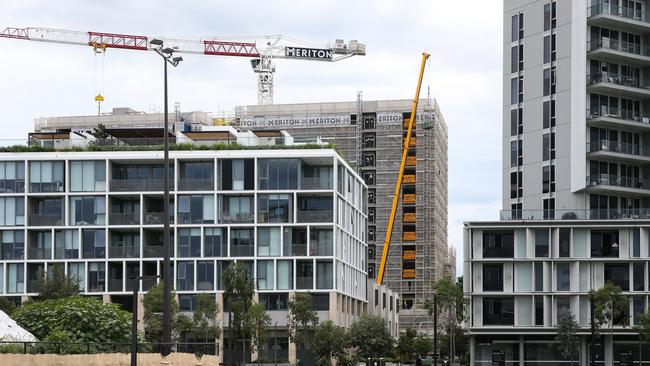
Property Council NSW executive director Katie Stevenson said the delays had a knock-on effect onto the housing market.
“There are not enough council planners and there is no disincentive for those with slow approval times to lift their performance, particularly for contentious projects,” she said.
In May, the state government rolled out a $1.85m program to train cadet planners to plug the shortage.
Ms Stevenson called for the “benchmarking” of acceptable time frames, while “rewarding or punishing councils” for their performance.
The state government expects 36,000 homes will be built a year across the next five, while housing demand sees a need for an additional 62,800 homes.
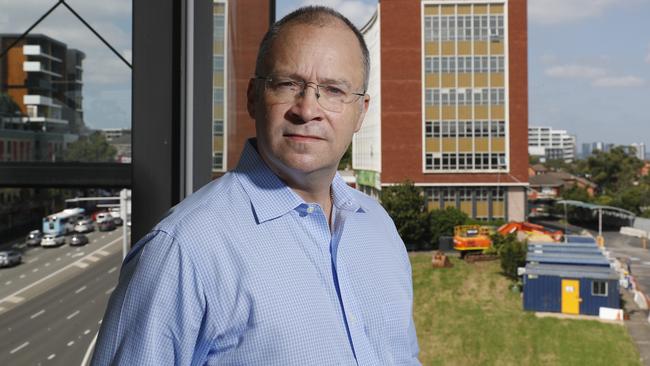
Occupancy rates in Sydney also remain low, averaging 1.8 per cent for over the 12 months to December 2022.
Urban Taskforce chief executive Tom Forrest blamed “red tape” and the system’s complexity.
“We want safe, affordable and good homes,” he said.
“But not every development has to be a northern beaches style of home – we should build some apartments and not worry about the colour of the gate.”
He lamented how small DA’s now needed “thousands of pages”.
“We’ve got an increasing cost of housing with decreasing affordability – let’s be concerned about that first,” he said.
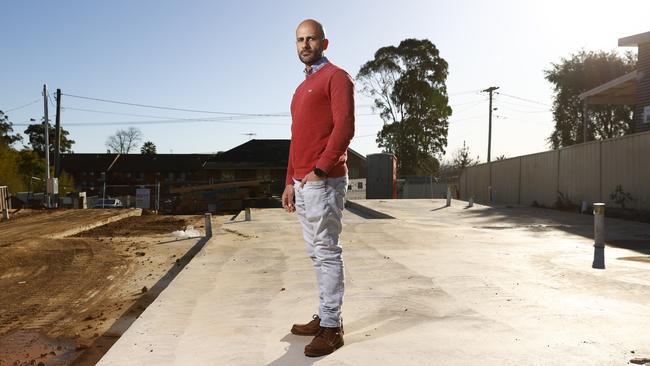
Local Government NSW president Darriea Turley, however, said councils were “doing their best”, noting there were more applications than ever before.
“Over the past 10 years councils consistently approved DAs at a rate of more than 97 per cent every year,” she said.
“Progress is being made, even if some complex developments take longer than anyone – including council – would like.”
Engineer Ammar Mendo revealed a recent application for a granny flat took more than a year to get approved by Liverpool Council and a duplex renovation took more than 100 days.
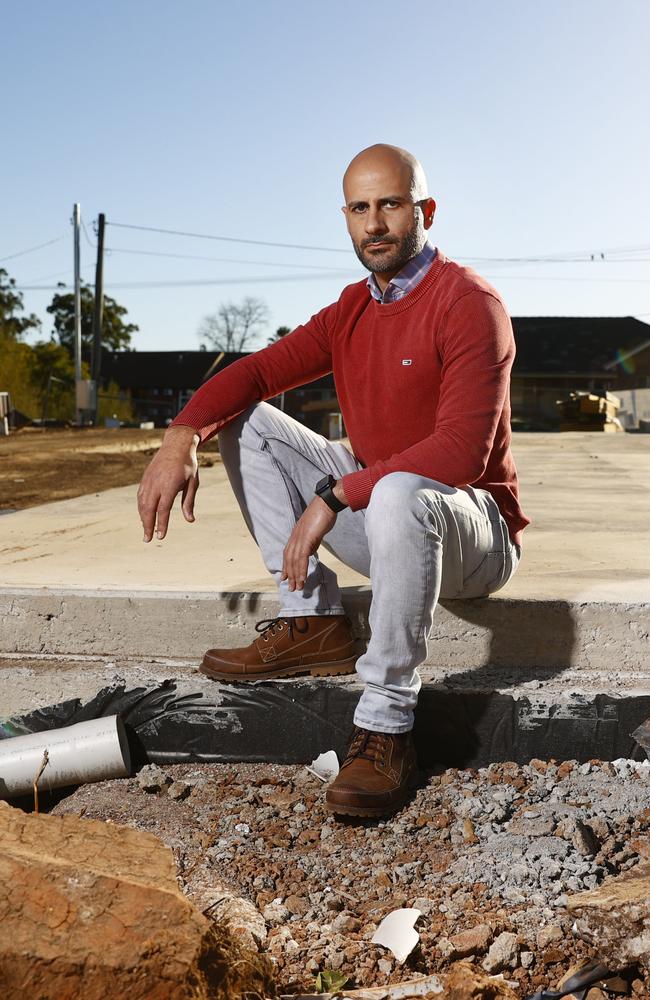
“It’s not a one off or type of application, its across the board,” Mr Mendo said, who owns Hammer Homes.
“It tarnishes our reputation as being efficient building designers – we get sucked into chasing council.”
Mr Mendo said the delays had pushed his four-person business to the brink.
“Clients think we’re delaying them, that we’re not getting results,” he said.
He also revealed how the price of a job would jump in the year-long wait, meaning they either took jobs at a loss or put the prices up at the outset.
“How can you price something correctly for the following year,” Mr Mendo asked.
“Or, you overprice and it goes to a different business.”
A Liverpool Council spokeswoman said they’d recruited more planners and that the backlog had been reduced by 40 per cent since January.
“The assessment time is due to application complexity, court appeals and resourcing issues,” she said.
However, NSW Leppington MP and Liverpool councillor Nathan Hagarty asked why council hadn’t participated in the cadet program.
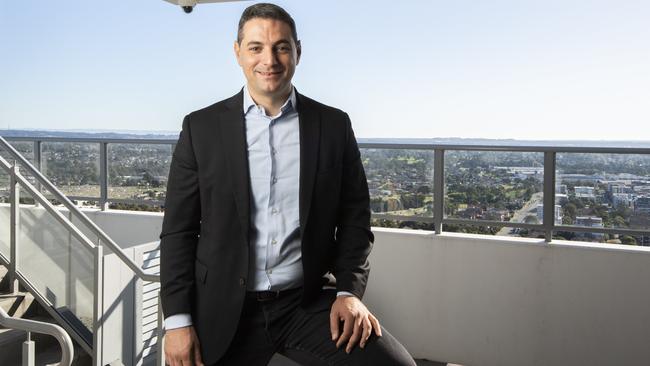

“Council spent over $1.8m outsourcing DA assessments last year, yet couldn’t be bothered to apply for the planning cadets program,” he said.
In neighbouring Fairfield, the council area with the quickest turnaround, mayor Frank Carbone praised small but significant tweaks.
“Council staff have made a point of working with applicants from the outset, making sure their applications have everything they need and are compliant,” he said.
“Speed is important, but without jeopardising build quality.”

Planning Minister Paul Scully revealed the average statewide DA processing times ballooned from 69 days in June 2020 to 116 in March 2023.
“We’ve introduced changes to increase the number of well-located, well-designed and well-built homes,” he said, which included an audit for public land to be rezoned for housing.
“Our policy changes are designed to make it easier to deliver housing, aligned to supporting infrastructure.”
News tip? Email alexi.demetriadi@news.com.au




